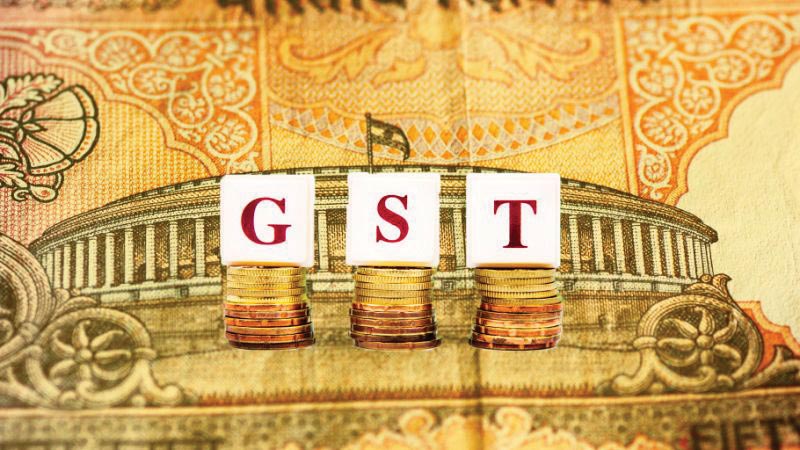Days after announcing GST rate cut for 231 items, the union cabinet approved on November 17 , 2017 the establishment of the much-anticipated National Anti-profiteering Authority (NAA) to ensure the benefits of such rate cuts are passed on to consumers.
Anti-profiteering measures will provide an institutional framework to ensure that the full benefits of input tax credits and reduced GST rates on goods or services flow to consumers. This institutional framework comprises the National Anti-profiteering Authority, a Standing Committee, a Screening Committee in every state and the Directorate General of Safeguards under the Central Board of Excise and Customs (CBEC).
The GST anti-profiteering authority will be headed by a senior official of the level of secretary to the central government with four technical members from the centre and the states. A selection panel led by cabinet secretary P.K. Sinha has already started consultations with states to finalize the members.
The anti-profiteering authority will have a sunset date of two years from the date on which the chairman assumes charge. The chairman and the four members of the authority have to be less than 62 years of age.
The finance ministry said this is “one more measure aimed at reassuring consumers that government is fully committed to take all possible steps to ensure the benefits of implementation of GST in terms of lower prices of the goods and services reach them”.
Consumers who feel the benefit of a commensurate reduction in prices is not being passed on when they buy any goods or services may apply for relief to the state-level screening committee. In case an incident of profiteering relates to an item of mass impact with all-India ramifications, the application may be directly made to the standing committee. After forming a prima facie view that there is an element of profiteering, the standing committee shall refer the matter for a detailed investigation to the Director General of Safeguards, CBEC, which will report its findings to the National Anti-profiteering Authority.
In turn, if the NAA confirms a necessity to apply anti-profiteering measures, it will step in and ask businesses that have not passed on the full benefits of a reduced tax burden to consumers to refund it with interest. If the undue benefit derived by a business cannot be returned to the recipient, it can be ordered to be deposited in the Consumer Welfare Fund. In rare cases, a profiteering business could lose its GST registration too.
The GST Council, at its 23rd meeting in Guwahati last week announced major GST rate cuts by shifting 177 items—ranging from shaving creams to wristwatches—from the highest slab of 28% to the 18% slab. It also decided to lower the GST rate on 54 other items, from diabetic food and refined sugar to bamboo furniture.
The top GST rate of 28% is now restricted to luxury and demerit goods like pan masala, aerated water and beverages, cigars and cigarettes, tobacco products, cement, paints, perfumes, air-conditioners, dish washing machines, washing machines, refrigerators, vacuum cleaners, cars and two-wheelers, and aircraft and yachts.


